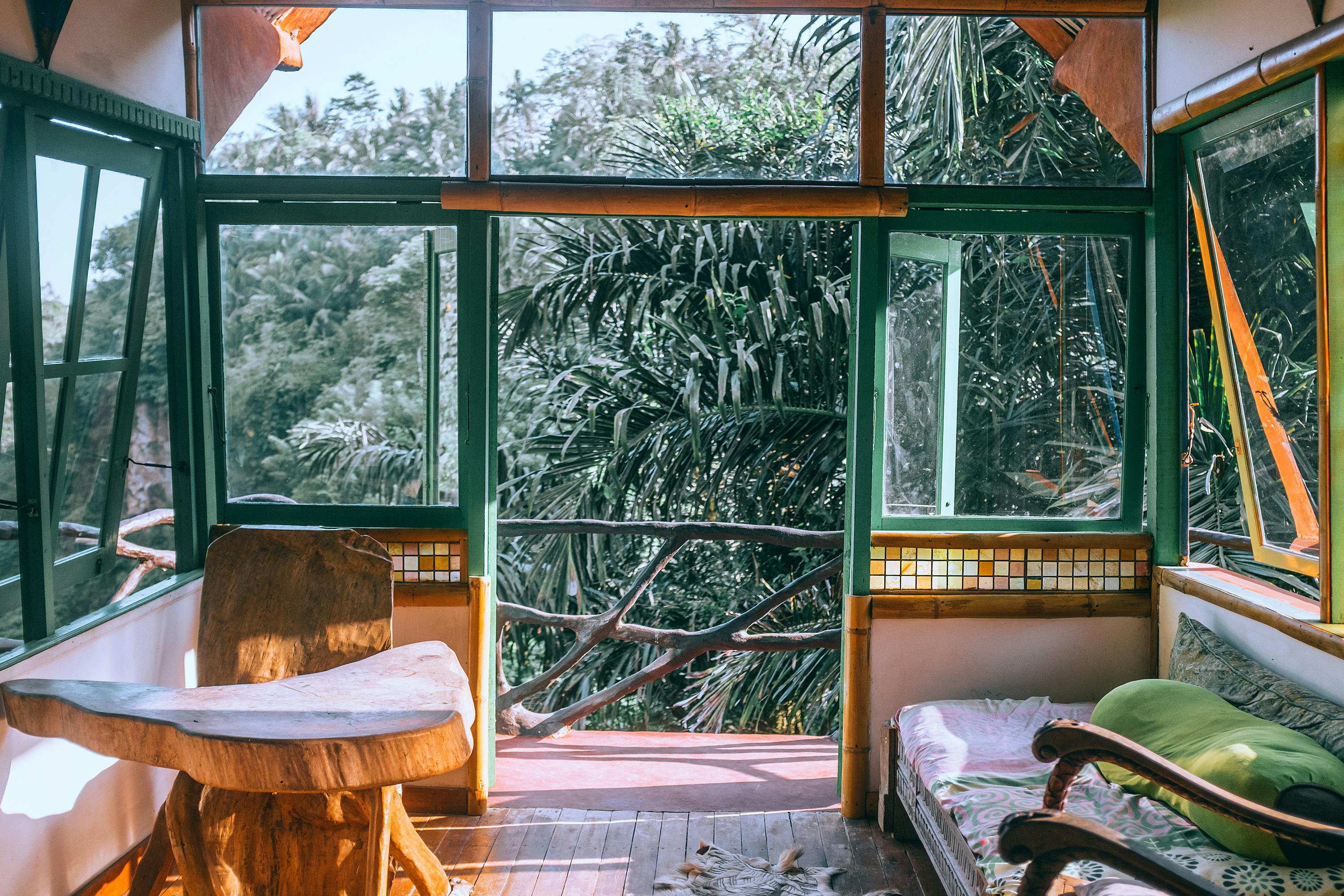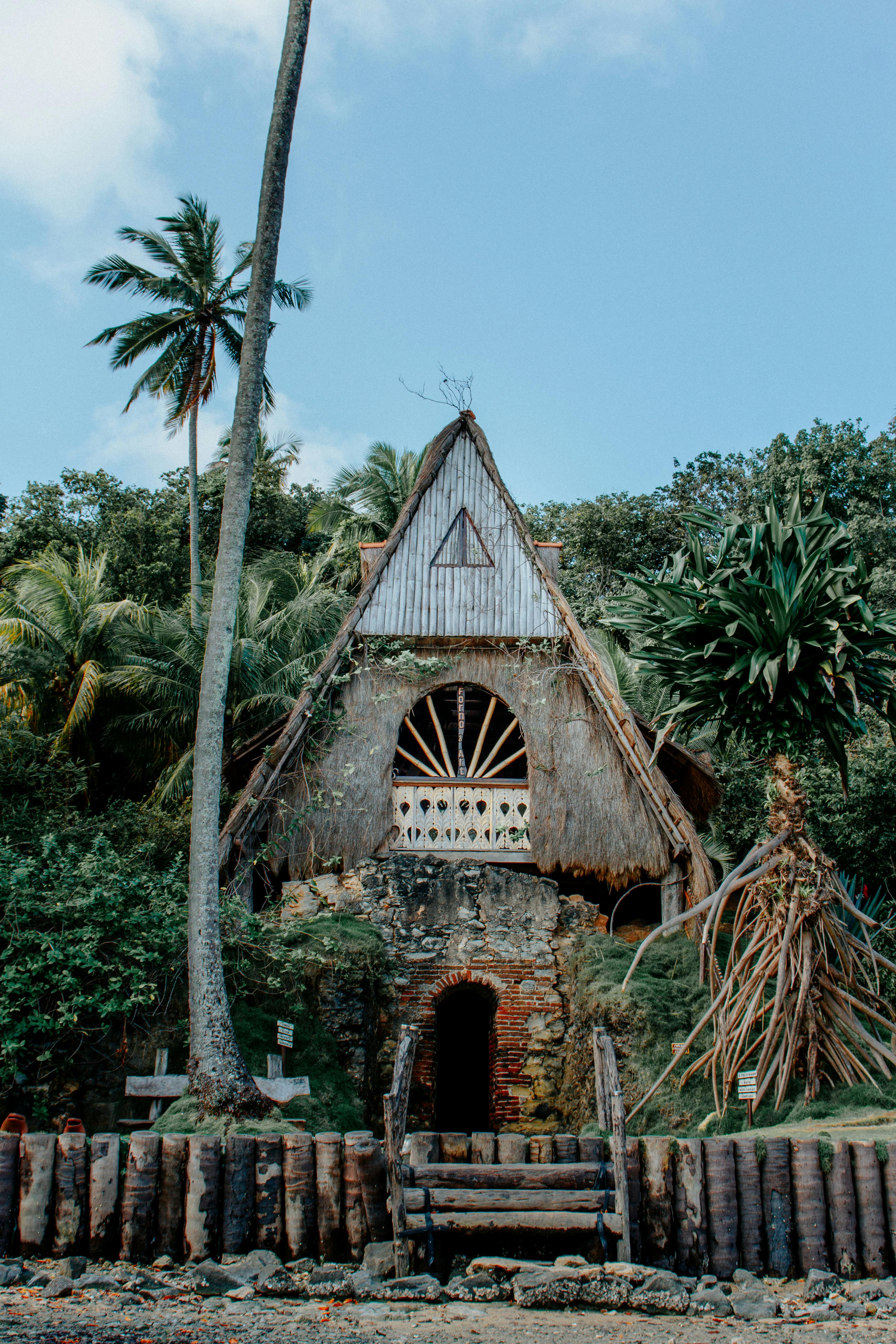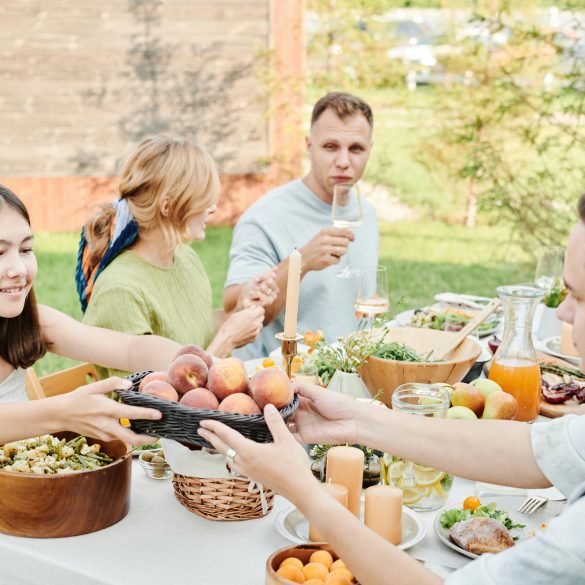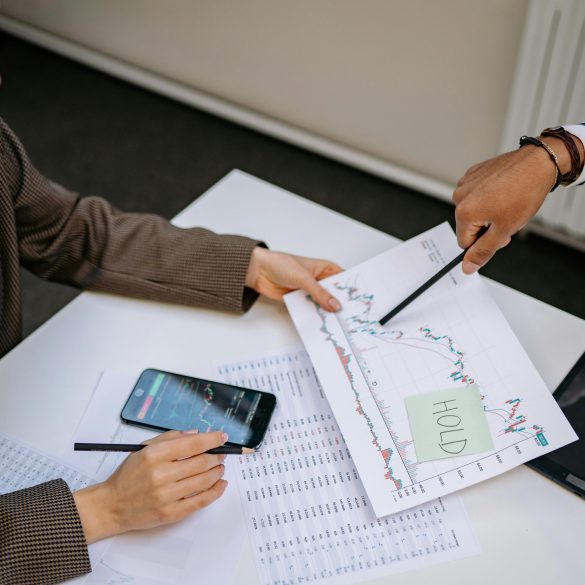Eco-Friendly Barbados Rentals: Smart Energy Market Playbook 2025
Let’s start with something that still amazes me: in 2024, about 65% of travelers to the Caribbean actively searched for eco-friendly lodging options1. That wasn’t the case when I first consulted for a rental property in St. Lawrence Gap back in 2013. What’s changed? Honestly, everything—climate realities, consumer demand, local regulation, and (most interesting to me) how “eco” and “smart energy” aren’t just marketing hype. They’re now the backbone of vacation rental growth, especially here in Barbados.
Barbados Eco-Rental Market Overview: Why This Playbook Matters
Ever wonder why Barbados is repeatedly named one of the top Caribbean islands for eco-conscious travel?2 It’s the mix of policy (the government pushes green energy hard), local ingenuity, and (let’s be real) relentless sunshine—making solar power almost a no-brainer. But—here’s the kicker—more than half the island’s rental inventory is still running on outdated grid infrastructure and basic amenities3. That’s a massive opportunity gap.
When I talk ROI, it’s not just about money. It’s about relevance, resilience, and reputation. Properties lagging behind on efficiency, renewables, or basic sustainability, these days? They’re not just missing out on bookings—they risk letting competition (from Trinidad to Martinique) outpace them for good.
Did You Know? Barbados was the very first Caribbean country to set a national target for 100% renewable electricity by 20305. As of late 2024, about 30% of residential energy now comes from solar—a figure climbing fast, thanks to local solar panel manufacturers and tourism sector adoption.
2025 Traveler Trends & Motivations: Why Eco-Friendly Rentals Are Winning
Whenever I meet with rental hosts in Barbados, my first question is: who’s your ideal guest? Most reply, “Someone who appreciates island life.” Nice sentiment, but here’s the reality check—guests are now “eco-expectant.” They want low-impact, high-comfort stays, and they actively screen for energy-saving features, water conservation, and carbon-conscious amenities6.
- Online platforms flag properties with solar, battery backup, or smart-climate control for top search positions
- Review scores jump when guests experience intuitive, simple “green” tech (like smart thermostats or real-time usage tracking)
- Repeat bookings more likely from guests who feel they’re “making a difference” with their travel choices
A 2024 Booking.com study revealed that 75% of global travelers “feel better” knowing their accommodation uses renewable energy or supports sustainability—up from just 36% in 20197. Empathy is driving economic outcomes, not just environmental trends, and nowhere is that more visible than on a sun-soaked island reliant on repeat visitors.
Eco-Friendly Challenges & Local Realities
Let’s pause here. The optimism around Barbados “greening up” every rental? It’s justified, but the hurdles are real. First, older properties (think colonial-era guesthouses) have structural issues that complicate solar installation. Second, cost is a major barrier—though not insurmountable, as we’ll soon see. Third, local weather patterns (hello, tropical storms) require resilient systems. Fourth, I consistently see confusion about what actually constitutes “eco” versus “green-washed marketing.” Let’s tackle these head on.
“There’s a big difference between genuinely sustainable rentals and those simply ticking marketing boxes. Smart energy implementation is a game-changer, not just for the planet but for your pocket.”
So, what’s next? We’ll delve into the nuts and bolts of smart energy solutions, and real-world case studies that bridge the gap between aspiration—and truly sustainable action.
Smart Energy Solutions: Theory & Practice in Barbados Rentals
When I consult for a new vacation rental, owners often ask, “What’s the most impactful green upgrade?” My honest answer—there’s no single magic bullet. It’s the integration of several smart energy strategies tailored to the property, guest profile, and budget. Let’s break down the essentials.
Solar Power: Barbados’ Competitive Advantage
Barbados offers an almost unfair advantage: 3,000+ hours of sunlight annually and robust local manufacturing support8. Not every vacation rental can install rooftop solar seamlessly, as I learned when a listed home in Holetown needed structural upgrades before panels were feasible—but for newer villas and condos, installation is straightforward and return on investment is proven.9
Battery Backups & Smart Grid Integrations
Post-hurricane season risk management is critical. Here’s what I learned in 2017 when a tropical storm wiped out grid power for two days: rentals with battery backups (lithium-ion storage paired to solar) retained guests or compensated for downtime, while traditional rentals lost bookings. Modern systems allow real-time control, load prioritization (think AC vs. fridge), and the flexibility to sell excess energy back to the grid during peak demand.11
- Smart inverters automatically switch to battery when grid fails
- Energy monitoring dashboards—guests see their footprint and reduce unnecessary use
- Grid export incentives cover part of monthly maintenance costs
Smart Climate Controls (AC, Fans, Thermostats)
Most guests crave comfort, not restriction. Here’s a practical story: at a South Coast rental, replacing old AC units with inverter models and installing smart thermostats dropped peak monthly energy bills by nearly $180 USD—even in July, at 85% occupancy. Owners can now automate settings, monitor room-by-room climate, and optimize for comfort vs. savings.
Water Conservation: Smart Monitoring & Low-Flow Tech
Water scarcity is often overlooked, yet crucial in Barbados (especially in dry season). Modern smart meters and leak sensors allow hosts to monitor consumption and identify leaks before the utility bill spikes or valuable rainwater tanks run dry12. Low-flow showers, toilets, and under-sink filters deliver comfort while reducing impact—guests often appreciate the “smart” conservation with digital usage feedback.
Energy-Efficient Lighting & Appliances
One of my favorite quick wins: LED lighting throughout, plus energy-star or EU A-rated refrigerators, dishwashers, and washing machines13. Simple swaps, minimal disruption, instant savings. I still kick myself for ignoring these in my own short-term rental years ago—they seem basic until your guests rave about “modern comfort” and the bills come in noticeably lower.
Case Study: Bridging the Green Technology Gap in a Barbados Beachfront Rental
Let’s get practical with a real Barbados case. In 2022, I worked with a family-run rental property in Bathsheba. Here’s how the smart energy transformation unfolded:
- Conducted an energy and water audit: revealed 36% energy wasted, 9% water lost to leaks
- Installed rooftop solar (6.2kW) with lithium battery backup system
- Swapped all guest room AC units for inverter models and layered occupancy sensors
- Replaced standard bulbs/appliances with efficient alternatives
- Digitized guest handbook with “how-to” guides on using smart systems comfortably
The result? Utility costs for the owners dropped by 53% within 14 months, guest review scores jumped from 8.4 to 9.2, and occupancy rates exceeded island averages for both high and shoulder seasons.
| Feature | Upfront Cost (USD) | Annual Savings | ROI Period |
|---|---|---|---|
| Solar + Battery | $8,200 | $2,900 | 2.8 years |
| Smart AC & Controls | $1,800 | $650 | 2.7 years |
| LED Lighting | $420 | $168 | 2.5 years |
| Low-Flow Water Tech | $600 | $135 | 4.4 years |
“Our guests now ask questions about the solar system, the water filters, even the smart thermostats. That never happened before—and it’s made us proud to host.”

The 7-Step Implementation Playbook: From Theory to Practice
Here’s the phase most property owners get stuck on: translating “green goals” to practical next steps. Having walked through dozens of projects—each with its hiccups and unexpected detours—I’ve put together a localised, step-by-step plan. It’s not perfect, but it’s proven to unlock both guest loyalty and financial returns.
- Audit Your Property: Get a professional energy and water audit. Knowing your baseline is the only way to measure improvement14.
- Set Measurable Goals: Pick goals matching your budget, property type, and target guest—whether it’s a 35% energy reduction or solar installation within 12 months.
- Evaluate Local Suppliers: Research certified installers; government portals and rental forums often have up-to-date lists15.
- Plan & Install: Prioritize upgrades by ROI—solar first for new builds, smart AC/fans for older homes, water-saving tech universally.
- Educate Your Guests: Integrate digital handbooks, signage, and booking communications explaining systems.
- Market Authentically: Update online listings with verified “eco” certifications; share before/after data for transparency.
- Monitor & Adapt: Use smart dashboards and utility data to refine settings and highlight the actual impact to guests (and yourself).
Local Partnerships, Government Incentives, & Support Structures
I’ll be blunt: the difference between successful eco-rentals and failed green attempts is usually community support and government incentives. For instance, Barbados Light & Power Company offers rebates for solar installations, and the Barbados Investment & Development Corporation provides no-interest loans for energy efficiency upgrades16.
- Rebates and tax credits for renewable installations
- No-interest loans and payback incentives tied to utility bills
- Local solar panel manufacturers optimize systems for island conditions17
- Ongoing professional development through tourism boards and green building councils
“Our program isn’t just about helping owners ‘go green’. It’s about strengthening Barbados’ reputation as the Caribbean’s sustainable tourism leader.”
Partnerships with local plumbers, electricians, and energy consultants are invaluable. In my experience, involving local experts not only avoids import delays (and surprise costs) but also helps secure “green-certified” status for your rental—a badge travelers actively look for.
Did You Know? Over 40% of Barbados solar installation technicians are women—a figure leading the Caribbean region and inspiring gender equity initiatives across the sector18.
Measuring Impact: ROI and Future-Proofing Your Rental
Sometimes, hosts tell me, “I’m not sure if the extra investment will really pan out.” That’s fair. Let’s get down to numbers and the wider impact:
| Upgrade | Avg. Cost (USD) | Potential Extra Bookings (Annual) | Total Added Revenue |
|---|---|---|---|
| Solar + Battery | $7,500 | +28 | $8,400 |
| Smart AC/Climate | $2,100 | +13 | $2,886 |
| Water Monitoring | $650 | +6 | $1,320 |
- Eco-certification increases nightly rates by 7-12%
- “Green” listings fill up 20-35% faster for holidays and festival periods
- Owner satisfaction higher due to predictable utility bills and fewer guest complaints.
The evolution of “eco-rentals” in Barbados isn’t just about profits—it’s about leading in responsible tourism, staying competitive regionally, and being part of the community-wide shift toward resilience. And, to be candid, future-proofing means adapting to regulatory changes and shifting traveler priorities—update at least every two peak seasons, which is the local rhythm I see most successful properties follow.
Conclusion: Your Pathway to Success as a Barbados Eco-Rental Host
As I reflect on my own journey (and, honestly, the times I got things wrong before learning from local experts and skeptical guests), what strikes me most is the spirit of Barbados—adaptable, proud, and community-oriented. Rental hosts who lean into this, embracing solar, smart tech, and conservation with real intent, are the same hosts who create legacy properties. And for travelers, that becomes part of the story—the reason they return, year after year.
“Barbados’ commitment to genuine sustainability is a model for tourism worldwide. It’s more than business; it’s a responsibility we all share.”
Next Steps for Hosts
- Audit your property and set clear green goals for the next peak season
- Connect with local suppliers, experts, and incentive programs—don’t go Solo
- Market features authentically and educate guests to become sustainability partners
- Measure, adapt, and update every year—stay resilient
References



